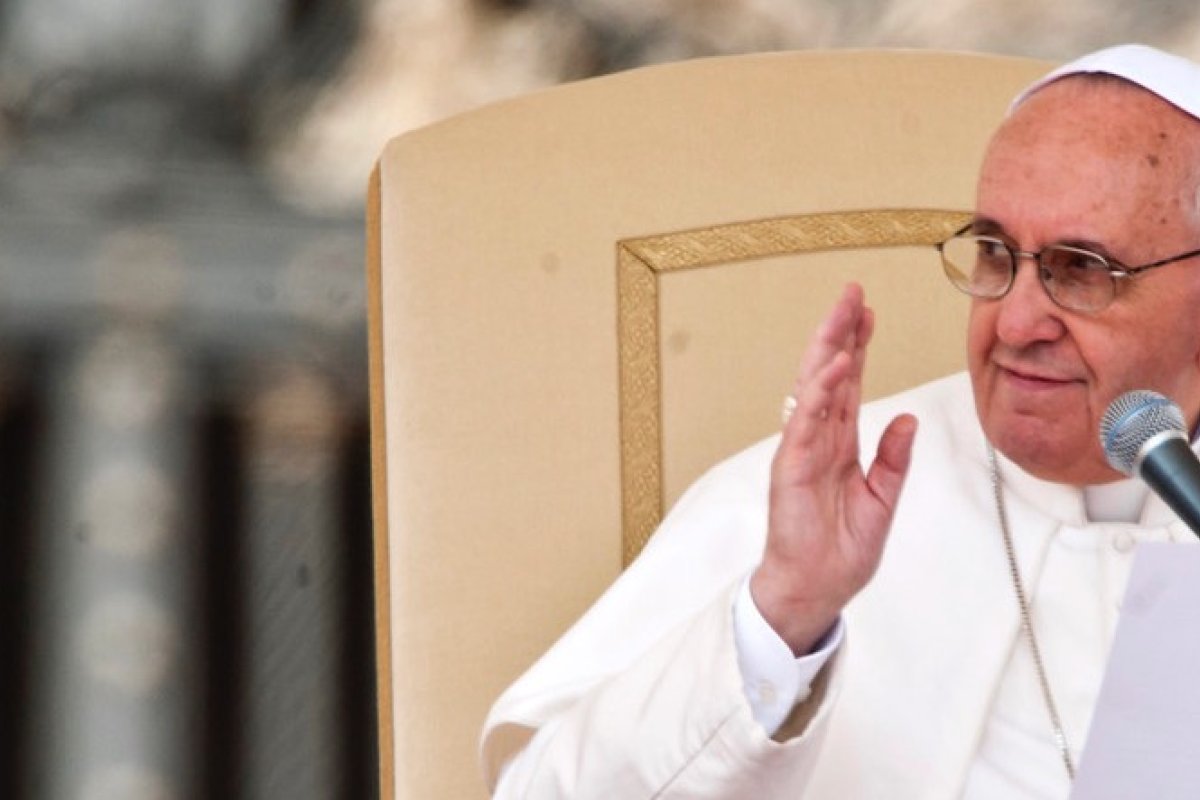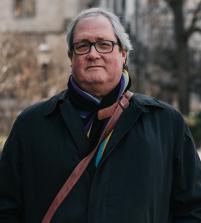
Catholicism and its Disconnects
The most recent Papal encyclical highlights longstanding fault lines in contemporary Catholicism
Pope Francis recently issued his third encyclical, “Fratelli tutti.” As is invariably the case with texts taken to be the touchstones of a religious tradition—whether scripture or creed or confession—it is sure to be more quoted than read. My experience, both as a scholar of religion and as a Catholic, is that this irony looms large in the academy and the church, and as a consequence in the wider society. A close look at Francis’ “social encyclical” underscores this, and highlights some of the significant disconnections between papal teaching and the Catholic presence in America today. To recognize this, we need to know, in some detail, what “Fratelli tutti” actually says.
Francis frames his encyclical by underscoring his collaborations with Islamic leaders from whom he has learned and with whom he takes the encyclical to be in accord. A major theme throughout is the complexity of a world in which Catholicism must directly collaborate with, indeed learn from, other religions. The unstated but entirely apparent theme is that the core Catholic social goals of justice and mercy require the richest range of association. Catholicism cannot and should not “go it alone” in addressing this challenge. In this respect, more than any other, Francis identifies himself with the vision of the Second Vatican Council.
The Pope is unsparing in his interpretation of our circumstances. He describes “dark clouds over a closed world” (the latter an allusion to Covid) that have created a domino-like series of effects: a loss of clarity about the meanings of democracy, freedom and justice, with a consequent indifference to the common good; the emergence in its place of “the market” that valorizes profit and is indifferent to waste; the scourges of unemployment, racism, and poverty; the widespread radical disregard of human rights, manifest in modern slavery, the subjugation of women, and human and organ trafficking. These are global problems that require global solutions, and here the Pope takes the first of many opportunities throughout his letter to lament the forms of autocratic nationalism that preclude cooperation and perpetuate these evils.
The immediate antidote the Pope invokes is the parable of the Good Samaritan, Jesus’ exhortation to become neighbors to others – translated by Francis as the mandate to recognize and overcome prejudice, self-interest, and histories and cultures that keep us from acknowledging our common responsibilities to all, especially those who are suffering. This personal openness must prompt a national openness which admits that borders are, at least in terms of food and human dignity, artificial. The Pope also declares that, while debts should be acknowledged, they must also be forgiven when they constrain a country’s capacity to help its citizens flourish. While nations must do all that they can to prevent the necessity of migration, they must also welcome those who flee injustice.
Such individual and national action, Francis argues, should issue in “a better kind of politics,” anchored in three core values: the acknowledgement that food is “a human right,” the taking of direct action to address the “scourge” of human trafficking, and the displacement of market values that cheapen human dignity in the name of corporate profit.
At this point the encyclical returns to its initial invocation of the Good Samaritan. The implication of the parable, Francis writes, is that no person is useless, no one expendable. The appropriate response to this fact is—in one word—kindness. While the Pope here invokes neighborly love, dialogue, and friendship, the anchoring virtue of these terms is, simply, kindness. It is the most immediate and direct antidote to the cruelty and the anxiety that bedevils the world.
The encyclical’s concluding chapters are, as is conventional to the form, a bit of a grab bag – which is not to say that they are insignificant, or that they will escape quotation by friend and foe. Francis expresses deep skepticism that there can, in our technological age, be “a just war.” He calls for the elimination of all nuclear weapons (and the establishment, with the funds spent on them, of an organization to address world hunger). He categorically rejects the death penalty as an unacceptable affront to the dignity of the human person. In his closing chapter, the Pope avers that terrorism is not a religious act but an act of the erroneous interpretation of religious documents, and that while the Church is not overtly political it does not restrict its mission to the private sphere.
Some disconnects of note…
So far as I can see, no one knowledgeable of the last hundred years of Catholic social teaching would find any of the above shocking or especially unexpected. As E.J. Dionne noted in a recent article in Commonweal, however, relatively few American Cardinals and bishops sound these notes with vigor or regularity. One would need no more than ten fingers to count the number who do so (Cardinal Cupich of Chicago being a notable exception).
On matters such as immigration, international relations, and the market, it is difficult to see how one could square fealty to this teaching with voting for Donald Trump as President; yet (if the polls are to be believed) something like half of the voting Catholics supported his re-election.
The nation’s Supreme Court, now a shrine to the intimate association of conservative American Catholicism and the Federalist Society’s agenda of “originalism,” affords another vision of this disconnection.
There is, in one sense, nothing terribly surprising or profound here: church documents are always selectively read, and believing communities of global scope will never be of fully common mind and practice with their leadership. What is unquestionably striking about our moment is the level and extent of discrepancy between the manifest social and political perspective of the leader of the Catholic church and the perspectives of others who—precisely in the name of the Church’s authority—declare what is and is not truly Catholic.
These disconnects have many implications. One is that, absent some sort of reckoning, Catholicism will not be the bulwark to the riven world that the Pope hopes it will be, and the ecumenism with which he frames his letter should be understood to be prompted as much from within his Church as from outside it.
Photo credit: The Catholic Church (England and Wales), via Creative Commons.
Sightings is edited by Daniel Owings, a PhD Candidate in Theology at the Divinity School. Sign up here to receive Sightings via email. You can also follow us on Facebook and Twitter. The views and opinions expressed in this article are those of the author and do not necessarily reflect the position of the Marty Center or its editor.


